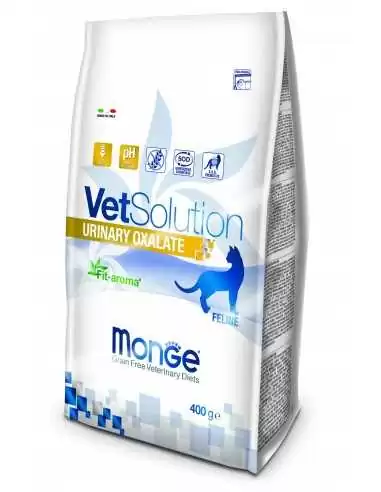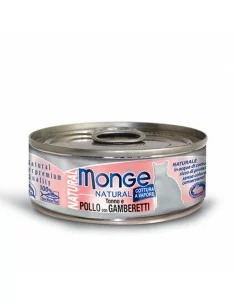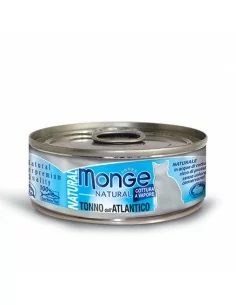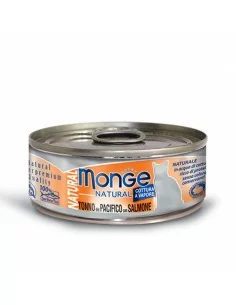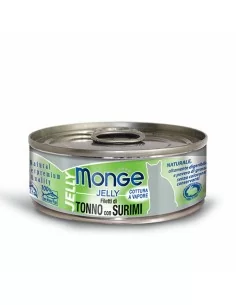- -50%
OUTLET VETSOLUTION CAT-URINARY OXALATE 400G
(zł17.94 szt.)
EXPIRATION DATE: 16.04.2026
MONGE VETSOLUTION CAT URINARY OXALATE
Recipe dedicated to sensitive cats requiring a specialized diet to dissolve oxalate stones faster. Monge VetSolution Urinary Oxalate contains unique ingredients such as superoxide dismutase (SOD) - an enzyme that helps avoid oxidative stress, xylooligosaccharides (X.O.S.) - natural prebiotics that support intestinal immunity, and is enriched with a functional Fit-aroma coating, ensuring a tasty and healthy approach to urinary tract disorders.
Expiration date: 17.09.2024
Fit-aroma in MONGE VETSOLUTION URINARY OXALATE contains green tea polyphenols. Calcium oxalate stones have an approximately 10% recurrence rate within 6 months and a 35% recurrence rate within 12 months. The goal of prevention is to reduce the level of calcium and oxalate in the urine, as well as to increase the volume of urine to dilute the minerals and induce a pH from neutral to alkaline. Because antioxidant therapy prevents calcium oxalate precipitation in the kidneys and reduces oxalate secretion in animals predisposed to stone formation, the deposition of calcium oxalate crystals into the urothelium is prevented by scavenging free radicals, which protects the membrane from damage. Green tea polyphenols support the stimulation of glomerular filtration and contribute to increasing urine volume. This dilutes the mineral concentration and reduces the risk of crystal formation. Green tea supplementation reduces urinary oxalate excretion and limits the activity of urinary glutamyl transpeptidase and N-acetylglucosaminidase, which is harmful to glycosaminoglycan, the layer that protects the bladder epithelium.
Protein: because being overweight may increase the risk of recurrence of oxalate stones, the protein content in MONGE VETSOLUTION URINARY OXALATE is mainly of animal origin (animal to vegetable protein ratio of 2.5), combined with carnitine, ensures optimal body weight and helps maintain it ( protein/kcal 84)
Minerals: Urinary calcium excretion in cats appears to be largely independent of nutritional factors and is regulated primarily by changes in intestinal absorption rather than by regulation of renal excretion. Higher intestinal calcium concentrations increase intestinal complexation between calcium and oxalate, lowering intestinal absorption and renal excretion, thereby reducing the risk of developing calcium oxalate or other calcium-containing crystals and stones

